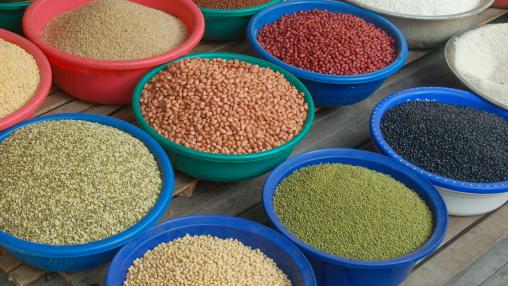
Does Climate Change Adaptation Improve Food Security? Evidence from West Africa
Rain-fed agriculture forms the mainstay of many West African economies, making the region particularly vulnerable to the effects of climate change and weather variability. As a result, there is growing emphasis being placed by both researchers and policymakers on climate-smart agriculture and climate change adaptation strategies to help protect the livelihoods and food security of farmers and rural households.
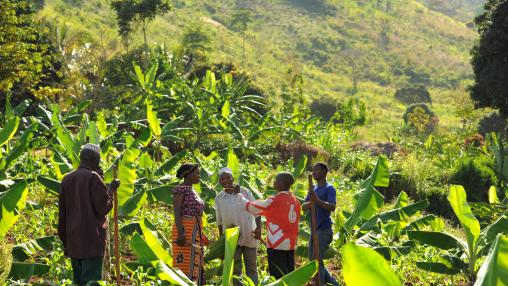
Tanzania Food Security Improving, But Lean Season Still Poses Threat in Some Areas
A new report released by FEWS Net examines current food security conditions in Tanzania, finding that overall national food security prospects are favorable but local-level conditions remain mixed.
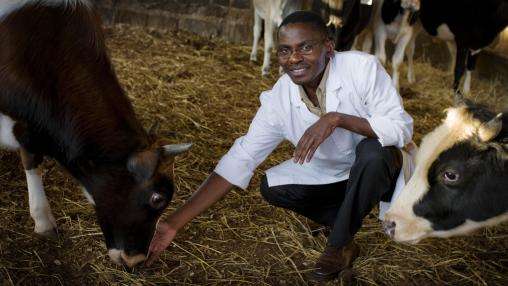
Africa Science Agenda Aims to Make Africa Global Breadbasket
The 7 th Africa Agriculture Science Week (AASW) and Forum for Agricultural Research in Africa (FARA) General Assembly was held from June 13-16 in Kigali, Rwanda. The event, held every three years, brings together key stakeholders in African agricultural science, technology, and innovations to coordinate strategies to accelerate the region’s economic and social development.
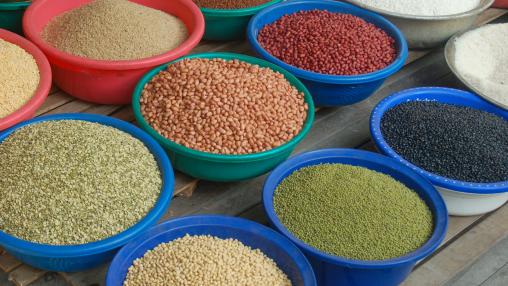
Climate-Proofing the Malabo Declaration
According to a 2014 report by the Intergovernmental Panel on Climate Change (IPCC), by 2050, the impacts of climate change and extreme weather events could increase hunger and child malnutrition by as much as 20 percent. This would mean an enormous setback in Africa’s progress toward the Sustainable Development Goals (SDGs) and could significantly slow the region’s economic development and growth.
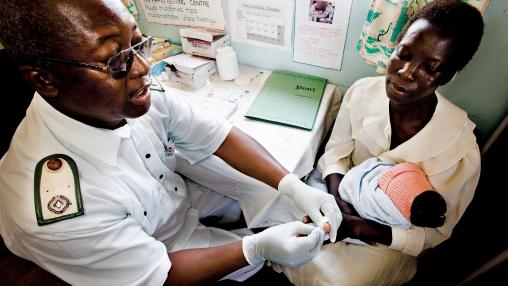
Climate Change Threat to Health
Discussions about the effects of climate change and climate change adaptation often center on changes in crop yields and subsequent changes in food security and incomes . In addition to these immediate impacts, however, climate change can have important secondary effects on a range of other development indicators.
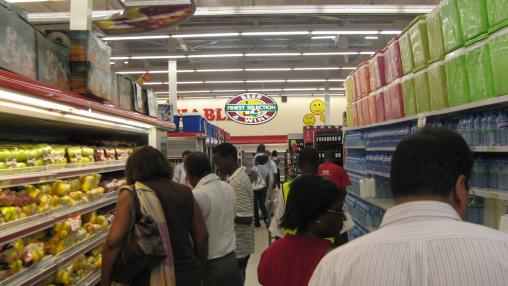
Helping Food Reach Cities: How Urbanization Is Changing Africa's Food System
The latest African Economic Outlook , published by the OECD, finds that despite a weakened global economy, lower commodity prices, and some serious weather shocks, Africa saw positive economic growth in 2015.
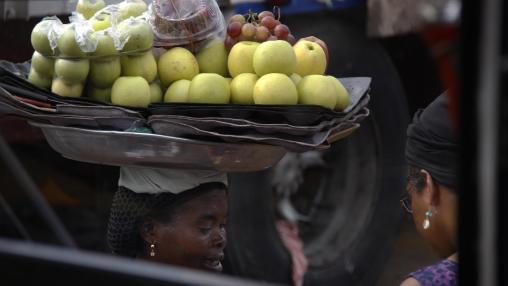
New Country Briefs Provide Food Price, Production Snapshot
FAO’s Global Information and Early Warning Systems (GIEWS) has released several new country briefs for Africa south of the Sahara. This series of briefs provides an overview of the food security situation in monitored countries, focusing on the current agricultural season, harvests prospects for staple food crops and livestock, estimates and forecasts of cereal production, and food price and food policy trends.
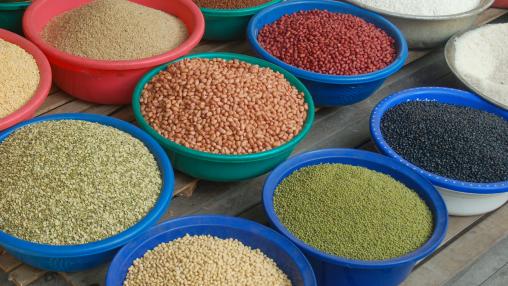
Global Food Policy Report: Making Africa's Food System More Inclusive, Sustainable
IFPRI’s 2016 Global Food Policy Report (GFPR) gives some good news for Africa – poverty and hunger both fell during the period 2003-2014. The share of the region’s population living on less than US$1.25 per day (purchasing power parity) declined from 42.9 percent to 36.9 percent, while the prevalence of malnourishment fell from 22.1 percent to 17 percent. Child stunting also fell from 40.2 percent to 35.9 percent.
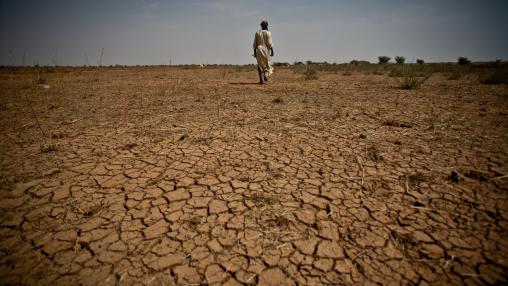
Drought in Southern Africa Threatening Food Security
FEWS Net has released a special report with a series of maps illustrating the extent and severity of the ongoing drought in southern Africa. The drought, driven by the 2015-16 El Niño cycle, has limited crop production throughout the region, worsening food insecurity during the lean season and making it likely that food insecurity will continue throughout the remainder of the year.
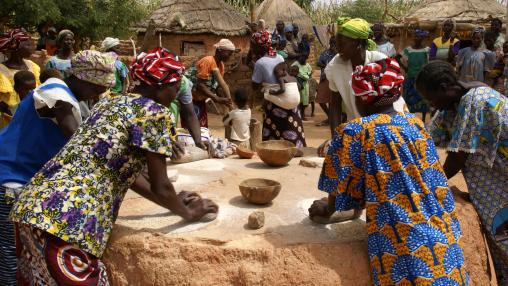
Food and Nutrition Security Programs: Too Focused on Agriculture?
Food and nutrition security (FNS) is a multi-dimensional concept, spanning the agriculture, trade, health, and social sectors. Often, however, policies only address FNS through one lens: that of food production. This could be due to the fact that many FNS stakeholders have a background in agriculture and thus tend to focus on sectoral agricultural issues, says a new report from the FoodSecure project .